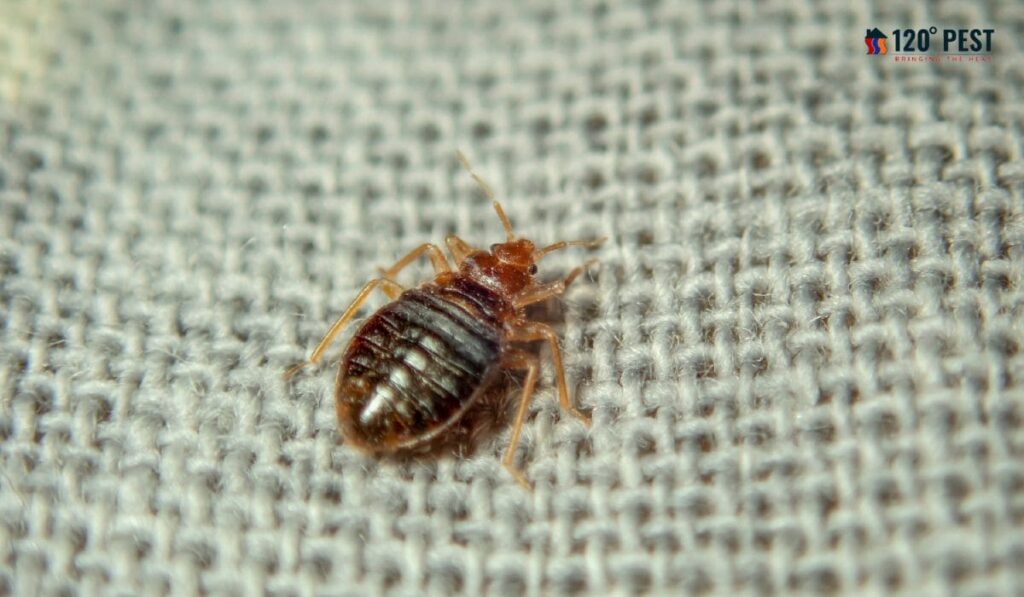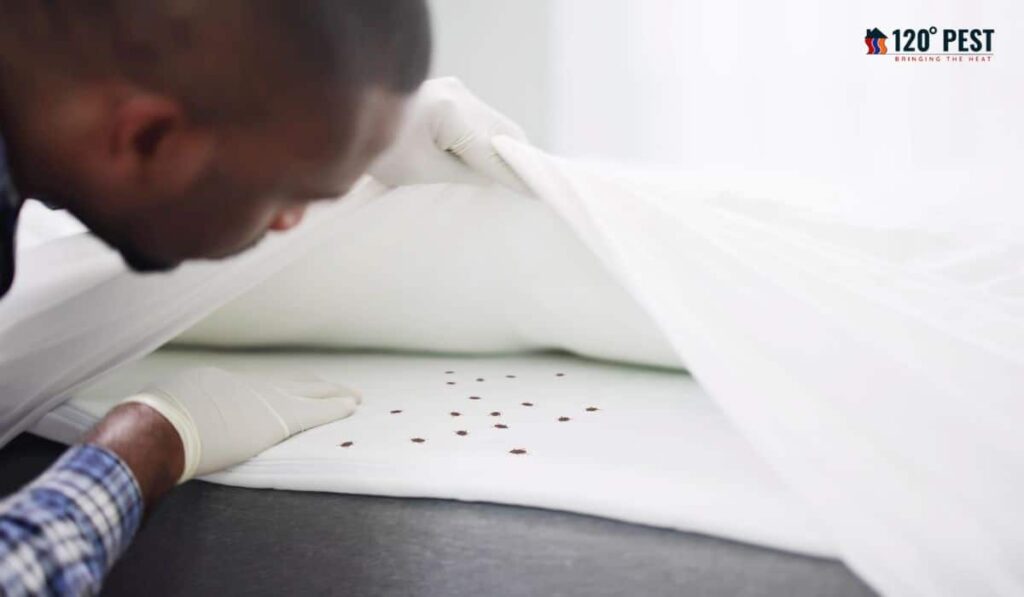Bed bugs are a homeowner’s nightmare.
These tiny, resilient pests can quickly infest your living space, causing discomfort, stress, and, often, financial strain.
When facing a bed bug infestation, one common question is whether homeowners insurance covers the cost of bed bug treatment.
Understanding Homeowners Insurance Coverage:
Homeowners insurance typically covers damages caused by sudden and accidental incidents like fire, theft, or natural disasters like storms.
However, regarding pests like bed bugs, insurance coverage can be murky.
Bed bugs are considered a maintenance issue rather than a sudden peril.
As a result, most standard homeowners insurance policies do not cover the cost of bed bug treatment or removal.
Insurance providers usually exclude coverage for damage caused by pests and vermin, including the eradication expenses.
Why Doesn’t Homeowners Insurance Cover Bed Bugs?
Maintenance Issue: Insurance policies are designed to protect against sudden and unexpected events, not issues arising from lack of maintenance or prevention.
Exclusion Clauses: Most policies explicitly exclude coverage for damage caused by pests like bed bugs.
These clauses prevent policyholders from claiming reimbursement for infestations.
Avoidance of Risk: Insurance companies consider bed bugs a foreseeable risk that homeowners can mitigate through regular upkeep and prevention measures.

Are There Exceptions?
While standard policies typically exclude coverage for bed bugs, there might be exceptions in certain situations:
Additional Endorsements: Some insurance companies offer endorsements or add-ons that cover specific pest-related issues.
However, these endorsements often cost extra and might have limitations or exclusions.
Structural Damage: In rare cases where bed bug infestations cause significant structural damage to the property, homeowners insurance might cover the repair costs associated with the damage caused by the pests rather than the pest treatment itself.
Unique Circumstances: Depending on the specific circumstances and the language of your policy, there might be instances where coverage for bed bug treatment could apply.
Consulting with your insurance provider or a legal expert can clarify such situations.
Alternatives for Bed Bug Treatment Coverage:
Since homeowners insurance typically doesn’t cover bed bug treatment, individuals dealing with an infestation have several options:
Personal Savings: Using private funds or savings to cover the expenses associated with professional pest control services.
Landlord Responsibility: For renters, landlords might be responsible for addressing bed bug infestations, depending on the lease agreement and local laws.
Some jurisdictions mandate landlords to cover the cost of pest control.
Specialized Policies: Some insurers offer technical pest control policies or warranties that cover bed bug infestations.
These policies usually involve an additional premium.
Negotiation: Sometimes, negotiating with pest control companies or seeking alternative treatment methods might help reduce costs.
Preventing Bed Bug Infestations:
Prevention is often the best approach when it comes to bed bugs.
Here are some preventive measures:
Regular Inspections: Routinely inspect bedding, furniture, and other susceptible areas for signs of bed bugs.
Cleanliness: Maintain a clean and clutter-free living space, reducing potential hiding spots for bed bugs.
Awareness: Be cautious when traveling or buying second-hand furniture, as these are common ways bed bugs can enter your home.

Early Intervention: Act promptly at the first signs of a bed bug infestation to prevent it from spreading and causing further damage.
Conclusion
While homeowners insurance typically does not cover bed bug treatment, exploring available options, understanding policy specifics, and focusing on prevention can help homeowners effectively address and manage bed bug infestations.
Consulting with insurance providers and pest control professionals can provide valuable guidance in dealing with these persistent pests.
For expert advice and assistance in managing bed bug infestations, contact 120 Pest Solutions.
FAQs
Does homeowners insurance cover bed bug treatment?
Most standard homeowners insurance policies do not cover the cost of bed bug treatment. Bed bugs are typically considered a maintenance issue rather than a sudden peril, and insurance policies often exclude coverage for damage caused by pests.
Are there any exceptions where bed bug treatment might be covered by insurance?
In rare cases, specific endorsements or add-ons to your policy might cover pest-related issues, including bed bugs. Additionally, suppose a bed bug infestation causes significant structural damage to the property. In that case, homeowners insurance might cover the repair costs associated with the damage caused by the pests rather than the treatment itself.
What should I do if I discover a bed bug infestation in my home?
Act promptly. Contact a professional pest control service to assess and treat the infestation. Even though insurance might not cover the treatment, addressing the issue early can prevent it from spreading and causing further damage.
Can I negotiate with pest control companies to reduce treatment costs?
Yes, negotiating with pest control companies might help in reducing treatment costs. It’s worth inquiring about available discounts or payment plans to manage the expenses associated with bed bug treatment.
Does my landlord’s insurance cover bed bug treatment if I’m a renter?
The responsibility for bed bug treatment in rental properties can vary based on lease agreements and local laws. Some jurisdictions mandate landlords to cover the cost of pest control, including bed bug treatment. Consult your lease agreement and local tenant rights to understand your rights as a renter.
Are there preventive measures I can take to avoid bed bug infestations?
Absolutely. Regularly inspecting your living space, maintaining cleanliness, being cautious with used furniture, and acting promptly at the first signs of an infestation are effective preventive measures. These steps can help reduce the risk of bed bug infestations in your home.
Can I purchase specialized insurance for bed bug coverage?
Some insurers offer specialized pest control policies or warranties covering bed bug infestations. These policies often involve an additional premium but might cover treatment and related expenses.




